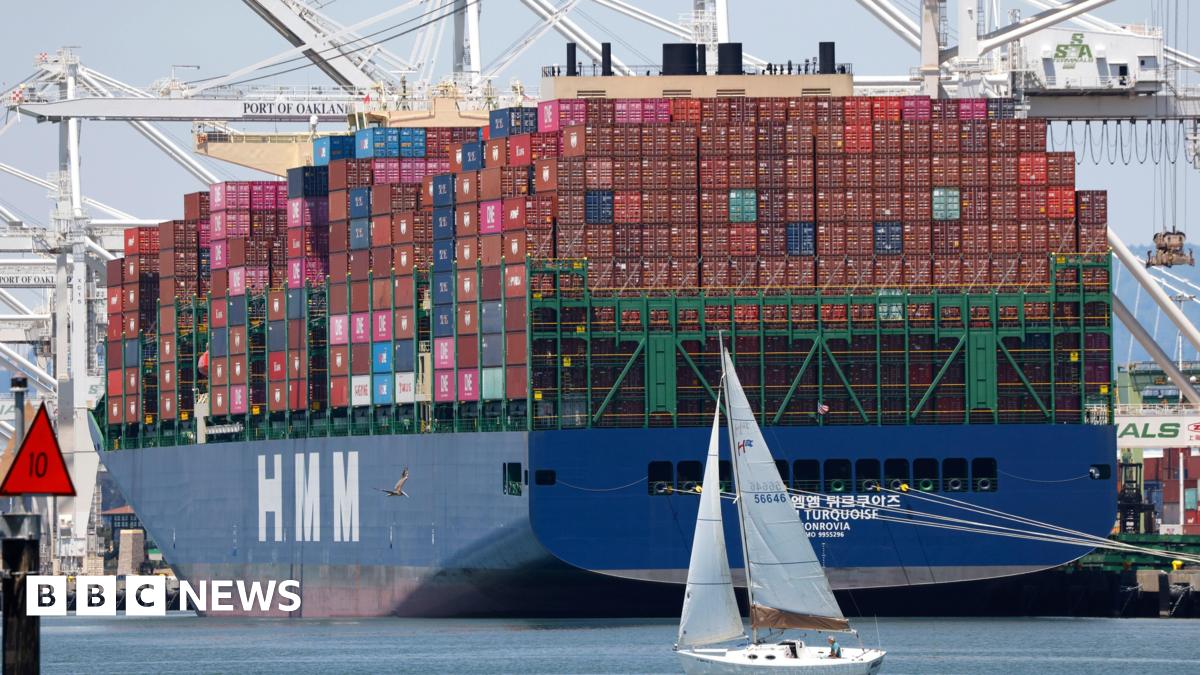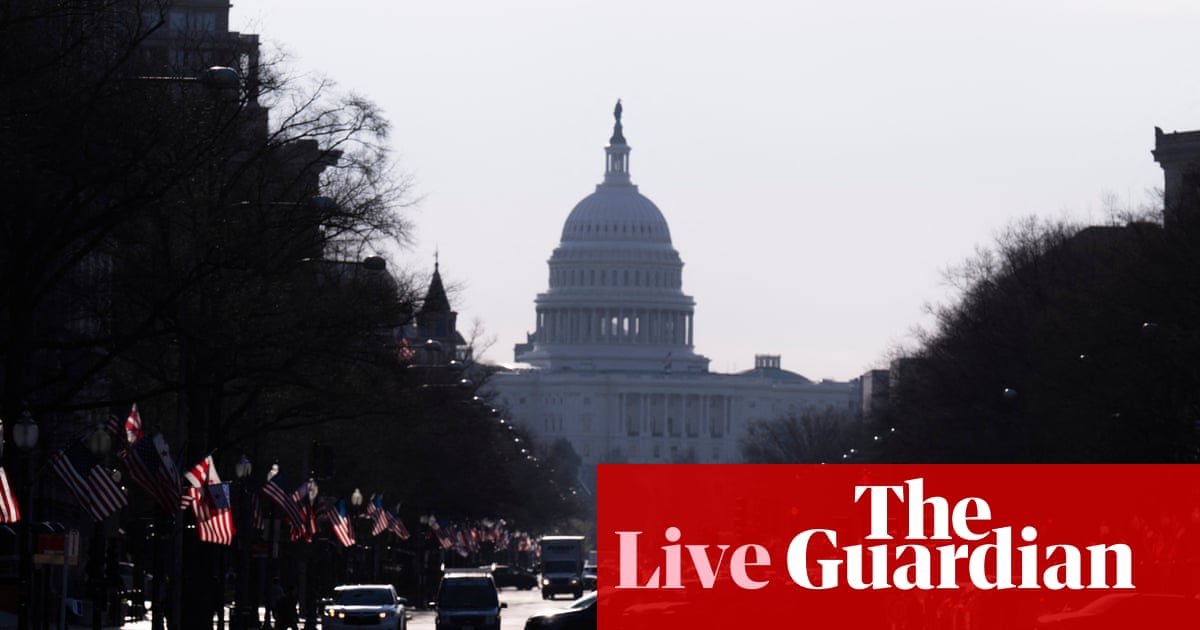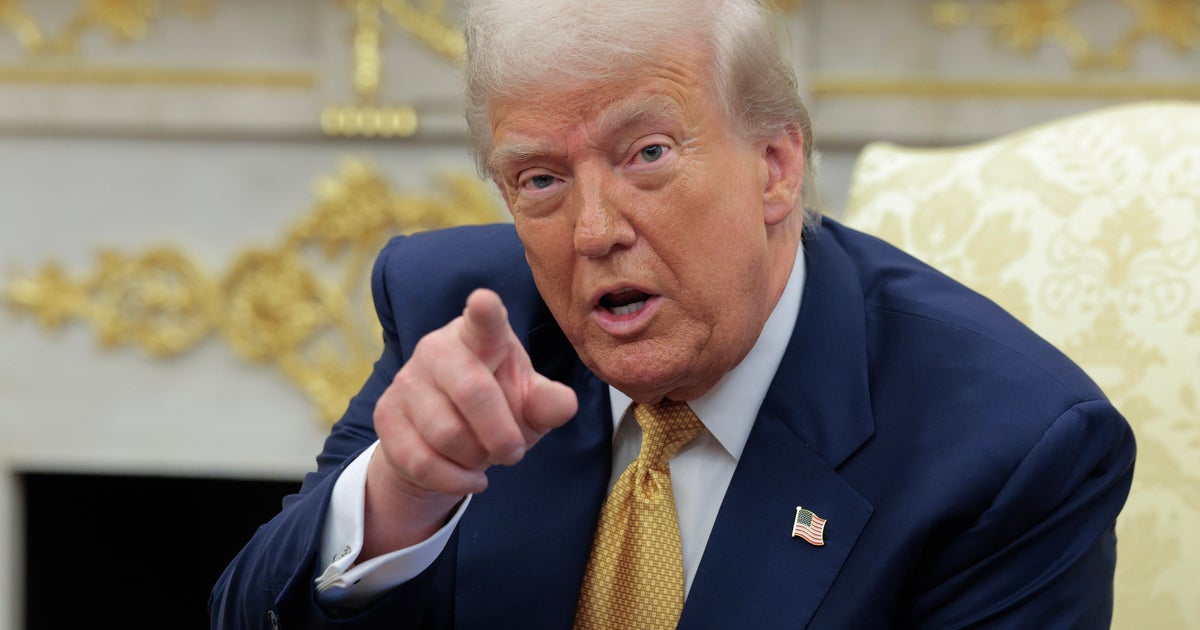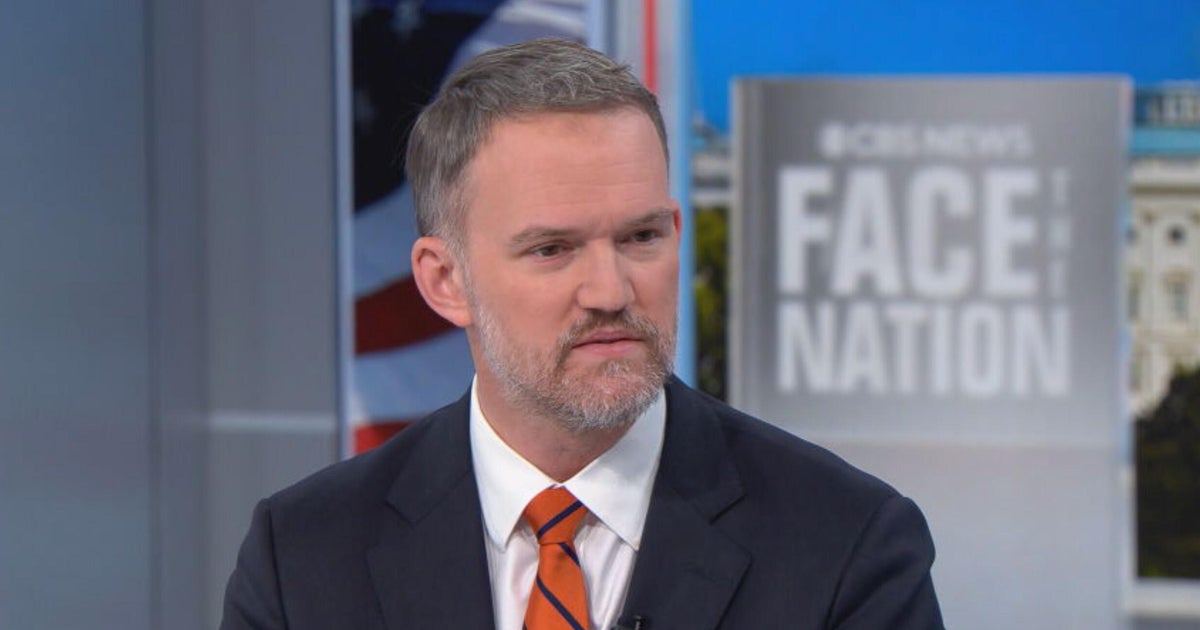T4K3.news
Trump increases tariffs on Canadian goods by 10%
New tariffs now set at 35% effective immediately, affecting numerous import sectors.
The U.S. raises tariffs on Canadian goods amidst rising tensions over drug trafficking and trade agreements.
Trump increases tariffs on Canadian imports to 35%
President Donald Trump has raised tariffs on imports from Canada to 35%, up from 25%, effective immediately. This increase comes after the White House accused Canada of not doing enough to combat drug trafficking. Trump has criticized Canada’s recent stances on various issues, including its recognition of a Palestinian state, complicating trade negotiations further. In response, Canadian Prime Minister Mark Carney expressed disappointment, emphasizing that Canada would seek to diversify its exports and protect Canadian jobs. Some sectors such as lumber and steel may face significant impacts. Additionally, tariffs on goods transshipped through Canada that fall outside the USMCA framework will be subject to a 40% tariff rate, indicating ongoing complexities in U.S.-Canada relations.
Key Takeaways
"Canada accounts for only 1% of U.S. fentanyl imports and has been working intensively to further reduce these volumes."
This highlights Canada's efforts and challenges in addressing U.S. concerns.
"I am disappointed by Trump’s actions and vow to diversify Canada’s exports."
Prime Minister Mark Carney stresses the need for Canada to adapt to new trade realities.
The tariff hike reflects growing tensions between the U.S. and Canada, highlighting a shift in trade dynamics that could reshape longstanding partnerships. Trump's approach seems rooted not just in trade deficits but also in political maneuvering as he reacts to Canada's foreign policies. This could lead to serious economic consequences for Canadian industries that heavily depend on U.S. exports. The measures illustrate the fragile nature of international trade agreements, particularly as concerns over border security and drug trafficking become central to negotiations. Moving forward, the impact on both economies will depend on how well they manage these escalating tensions.
Highlights
- A tariff increase directly affects everyday trade and business.
- Tensions are rising as trade wars reshape economic landscapes.
- Canada's response shows a commitment to protecting its interests.
- Negotiations will prove crucial amidst growing economic pressures.
Escalating trade tensions pose risks
The increase in tariffs may lead to significant economic repercussions for both countries, potentially resulting in retaliatory measures and a wider trade conflict. Key industries, particularly in Canada, could be hard hit, affecting employment and investment.
The evolving trade relationship will require careful navigation from both sides to avert further economic fallout.
Enjoyed this? Let your friends know!
Related News

Trump increases tariffs on Canada to 35%

Canada imposes measures against new US tariffs

Trump sets new tariffs on multiple countries

Democrats accuse Trump of harming job growth

Trump introduces tariffs impacting 60 nations
Trump's new tariffs lead to mixed global reactions
Countries react to Trump's new tariffs

U.S. Tariff Strategy Discussed on Face the Nation
